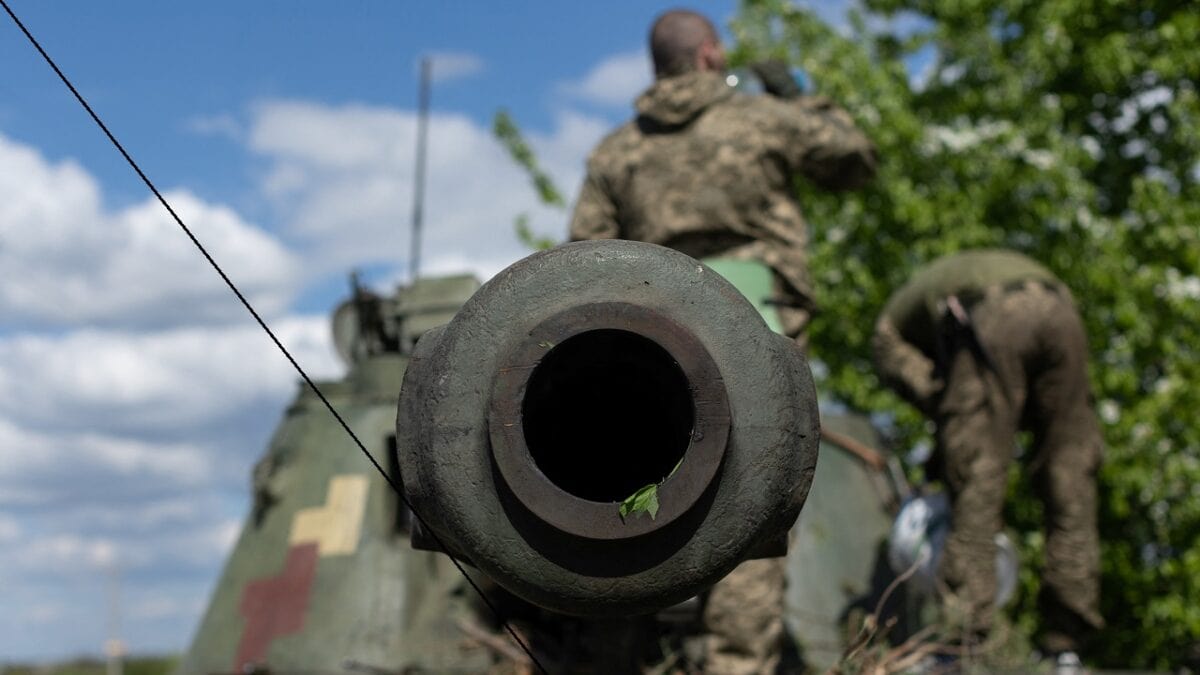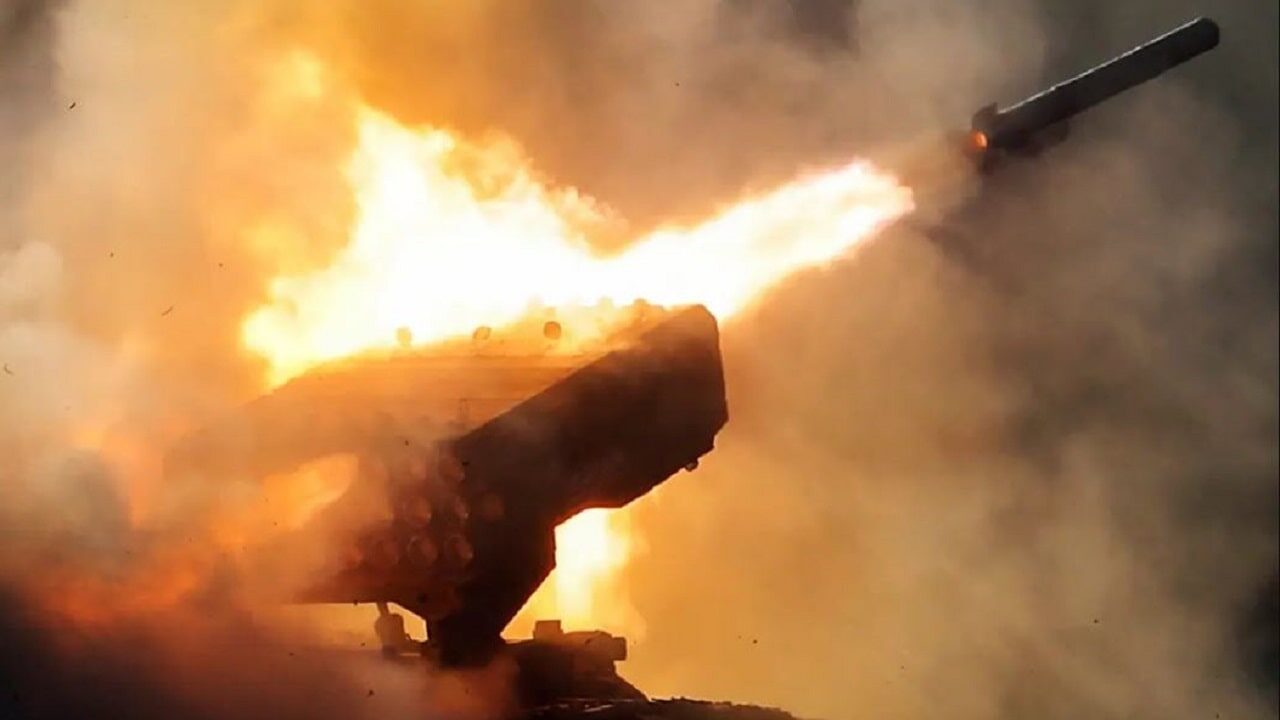Ukraine is angry about Russia being included in the G-20: Ukrainian President Volodymyr Zelenskyy warned this week that he would not participate in the Group of 20 (G-20) meeting set to take place next month if Russian President Vladimir Putin is invited to attend.
Speaking in a press conference, Zelenskyy said Ukraine would not send any representatives to the meeting in Bali, Indonesia, unless Russia is disinvited.
“My personal position and that of Ukraine was that if the leader of the Russian Federation was to take part, Ukraine would not be participating,” Zelenskyy told journalists.
While Russia is invited to attend the meeting, it is not yet clear whether the Russian president intends to attend himself. Putin reportedly spoke about the upcoming gathering with Indonesian President Joko Widodo in a phone call this week but has not confirmed whether he plans to attend. If he does, Putin will likely face questioning from Western leaders also in attendance over his refusal to withdraw his troops from Ukraine.
What Can Russia Expect This Time?
Russia will probably be represented at the G-20 meetings, leaving Ukraine with a choice to make – pulling out of the meetings entirely if Putin or any other Russian representative chooses to attend, or quietly not following through with this week’s threat not to attend.
Speaking to Newsweek, the associate director of the Royal United Services Institute, a London-based thinktank, said that the idea of removing Russia from upcoming G-20 meetings seems far-fetched. Jonathan Eyal said that it was “rather self-indulgent” of Western countries to come up with the idea, and that the Indonesian hosts of the event have “made it clear from the beginning” that Russia will not be excluded.
Russia may well choose to pull out of the G-20 talks themselves, though with diplomatic relations with other countries now more important than ever for the Kremlin, it seems unlikely.
Perhaps more likely is a repeat of the G-20 gathering in Indonesia held during the summer, during which Russian Foreign Minister Sergei Lavrov stormed out of talks as Western leaders criticized Moscow for the invasion of Ukraine.
This time, Lavrov knows what to expect. During the last meetings, the Russian official was lambasted for Russia’s military activity in Ukraine, though this time, Russia’s representatives at the meetings won’t be criticized as harshly over the blockade in the Black Sea. After reneging on the United Nations-brokered grain deal over the weekend, the Kremlin abruptly U-turned on the policy this week and once again allowed the ships to leave the ports with millions of tons of grain destined for Europe, Africa, and elsewhere.

Ukrainian soldiers stand on top of a tank, amid Russia’s invasion of Ukraine, in the frontline city of Lyman, Donetsk region, Ukraine April 28, 2022. REUTERS/Jorge Silva
Having won the battle with Russia over allowing grain ships to leave Ukraine’s ports, however, Western countries are likely to use the G-20 meetings to discuss the humanitarian impact of the war in Ukraine, the damage being done to the country’s infrastructure, and the war crimes being committed by Russian soldiers and private mercenaries paid for by the Kremlin.
Jack Buckby is a British author, counter-extremism researcher, and journalist based in New York. Reporting on the U.K., Europe, and the U.S., he works to analyze and understand left-wing and right-wing radicalization, and reports on Western governments’ approaches to the pressing issues of today. His books and research papers explore these themes and propose pragmatic solutions to our increasingly polarized society.

